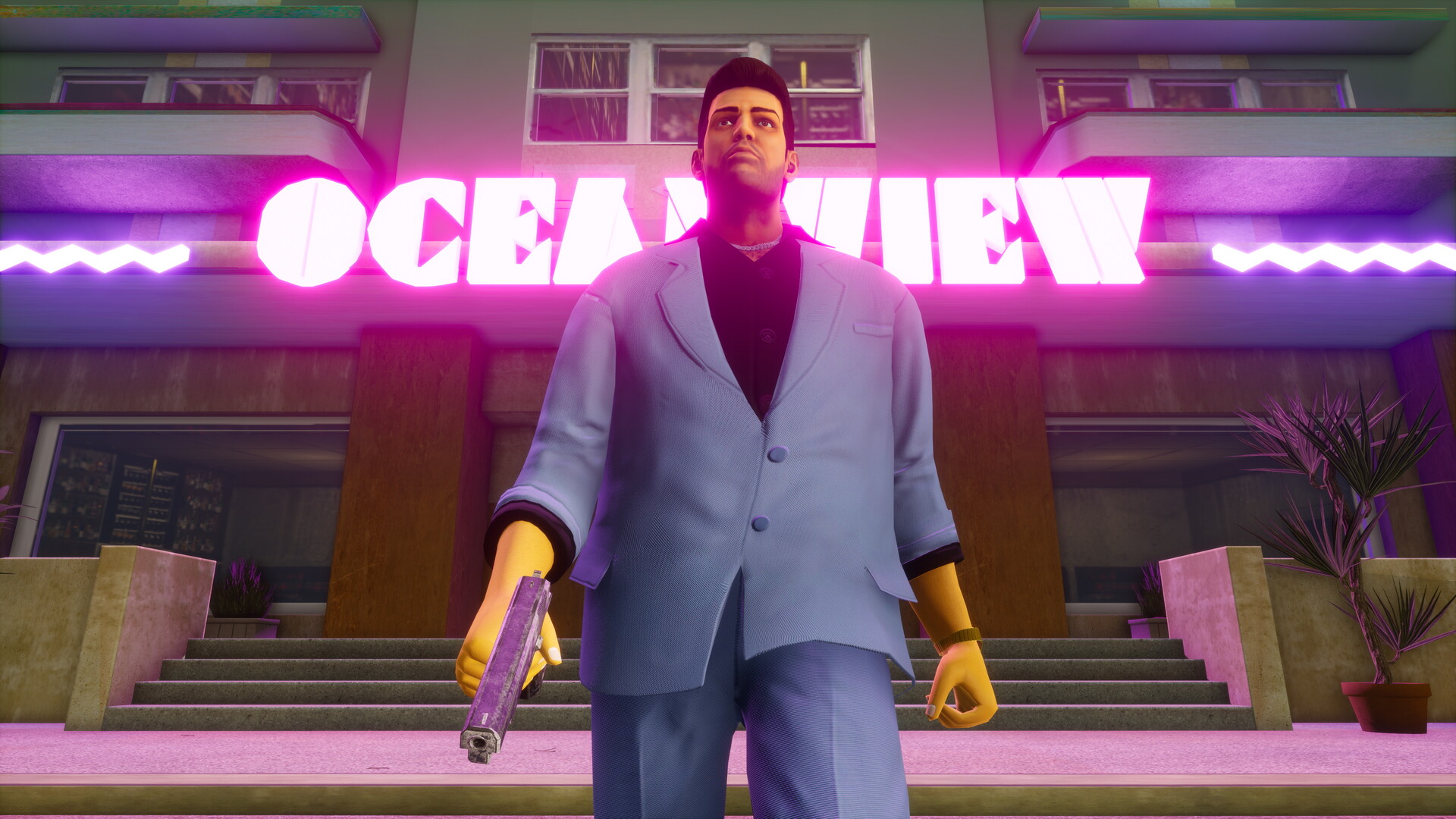
Futurama Season 12 Review
Futurama season 12 premieres Monday, July 29 on Hulu.
When Futurama emerged once more from the black hole of cancellation last summer, there was something different about it. Not visually different: Beyond the brief moment in the opening credits when the first four letters of its title read “Hulu,” the animated comedy created by Matt Groening and David X. Cohen was basically indistinguishable from its old self (or selves, if one were to separate its golden age on Fox from its two previous revivals on DVD and Comedy Central). And the show sounded pretty much the same, too, thanks to the eleventh-hour salary negotiations that guaranteed no one other than John DiMaggio would be voicing the lovably amoral, alcoholic robot Bender. The change was more a matter of sensibility, and of what targets this space-age satire was locking in the crosshairs of its ray gun after a quarter-century on and off the air.
To be fair, no run of Futurama since the first has quite replicated the show’s original-recipe, almost chemically pure hilarity. But what stuck out about last year’s Hulu-commissioned new episodes was an unusual straining for topicality. A comedy that once seemed content more generally spoofing the absurdity of the present through the lens of the future was suddenly taking ultra-specific, 22-minute jabs at cancel culture, bitcoin, and COVID. Of course, unless you’re the South Park guys, making an episode of a cartoon takes a little time. And so the irony of Futurama’s sudden flirtation with contemporary commentary is that it was actually woefully late to the party, like a talk-show host stepping out of a cryptogenic tube to spit 18-month-old punchlines.
“Hulurama” hasn’t entirely shaken this obsession with the talking points of the recent past. The season 12 premiere splits its focus between a half-baked Mexican homecoming for Bender and a subplot involving the inanity of NFTs. The episode’s writer, Eric Horsted, builds to an amusing final critique of the Bored Ape Yacht Club, wondering aloud why anyone not running on computer code would want to own a long string of numbers. But again, didn’t that bubble burst months ago? What’s next, a Barbenheimer reference?
Fortunately, this is about as of-the-elapsed-moment as season 12 gets, at least judging from the six episodes made available to critics in advance. While a later installment involves both a possessive chatbot and a lazy, belated spoof of Fyre Festival, the showrunners seem less intent this year on delivering a state-of-the-world address. Not that this is the strongest crop of episodes otherwise. Fans will have to pin their hopes for a post-revival classic like “The Late Philip J. Fry” or “Murder on the Planet Express” on the back end of the season.
Flashbacks to delivery boy Fry’s life and childhood in Old New York have served, in the past, as reliable evidence that there’s a heart tickling away within Futurama’s chugging joke machine. Built around painful memories of an old birthday party, “Quids Game” initially seems like it’s aiming for the softer side of the show’s formula, previously exercised in origin-story tearjerkers like “Jurassic Bark” and “The Luck of the Fryrish.” But, per its title, this new episode oddly ballasts its sentimentality with a dark, even mean-spirited 31st-century Squid Game parody that drops Fry’s entire social circle into the clutches of big-headed aristocratic aliens forcing them all to play a life-and-death competition with major casualties. Ultimately hinging on our hero’s heretofore unrevealed aversion to cheating at any cost, it’s one of the most tonally weird half-hours of the whole series.
It would be unwise to expect greatness from Futurama this far into its run.
Other episodes, like one that finds Bender chasing his libido into bullfighting (or, sorry, bugfighting – it’s the insectoid cattle of Mars that end up charging at his waving cape), are pure filler. So it’s nice to see the showrunners haven’t totally abandoned more structurally, conceptually complicated stories. “The Temp” spans two decades, cutting back to the aftermath of ancient season 3 premiere “Amazon Women in the Mood” to introduce an unsung cog of Planet Express. The episode stops short of the Frank Grimes-style autocritique it threatens to become (say, aren’t these space-traversing coworkers kind of assholes, to each other and everyone else?), but it does provoke some entertaining cognitive dissonance before we get the full picture of what’s going on.
It would be unwise to expect greatness from Futurama this far into its run. The show’s stubborn survival is improbable enough. About the best a steadfast fan can probably hope for is some approximation of a solid installment from the first three seasons. “Attack of the Clothes” fits that profile well, packing a new career path for the Professor, a loopy celebrity cameo, a fun sci-fi wrinkle, an environmental conscience, and parodies of Frankenstein and Planet of the Apes into 24 minutes. The episode also comments on the fashion industry without feeling the need to, say, reference something from the 2023 Met Gala. Timeless is usually better than timely, perhaps especially for a sitcom with the capability of spanning the entire length of human history and beyond.








